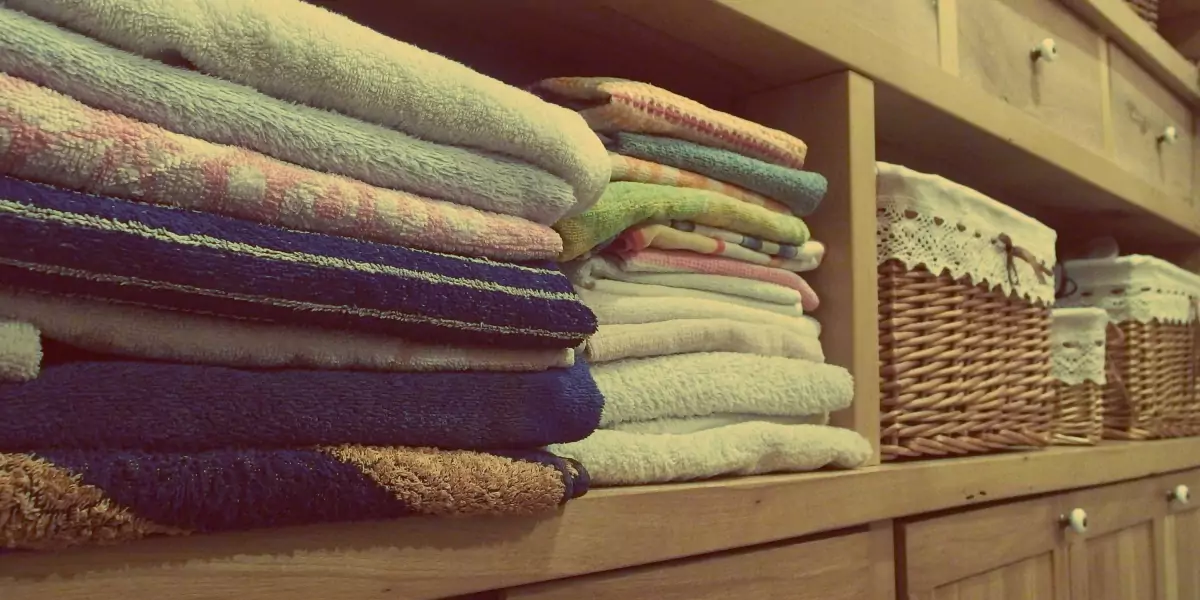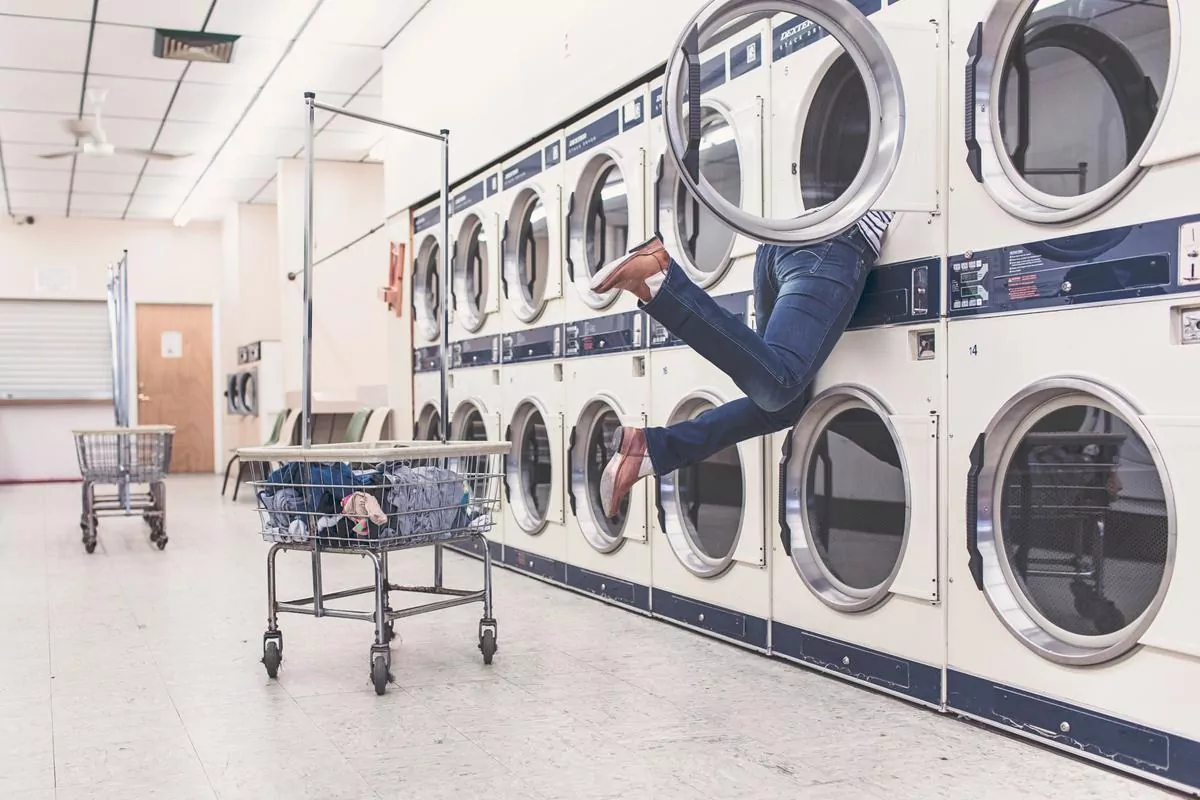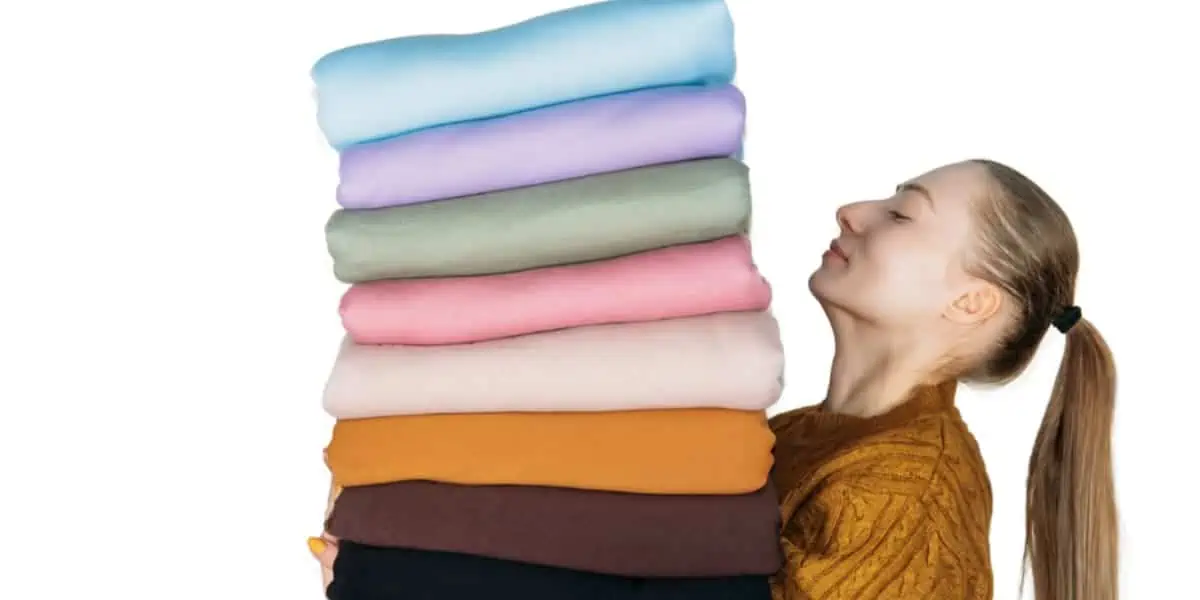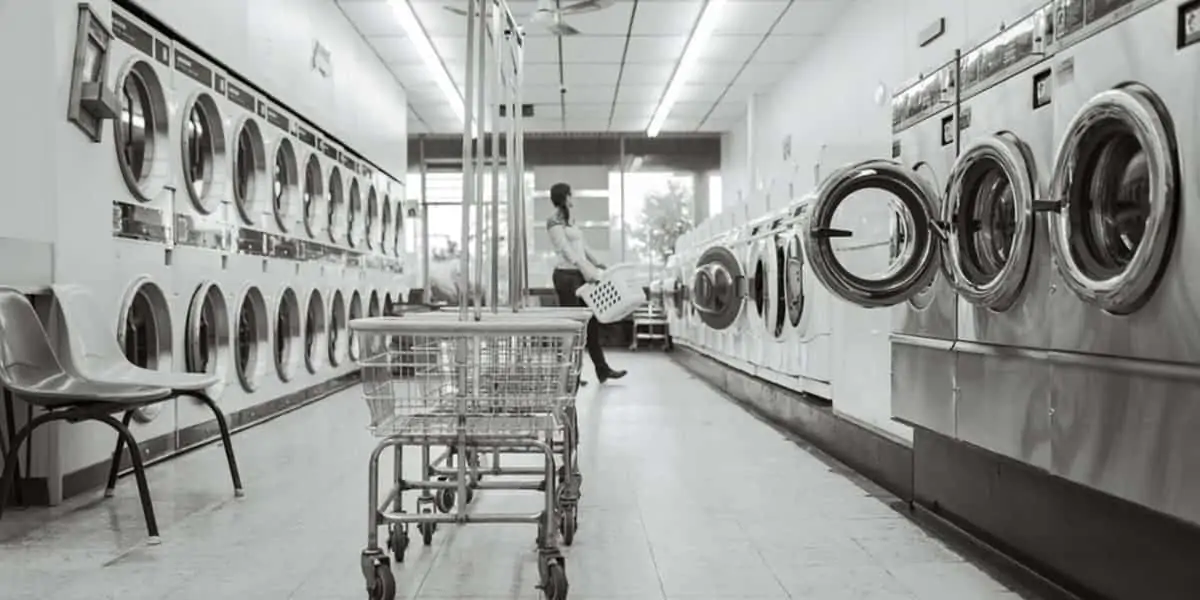It’s easy to get caught up in the endless cycle of washing clothes. But while you’re focused on keeping your wardrobe clean, you might not realize how much each load is actually costing you. Laundry isn’t just about soap and water, it’s one of the biggest household chores that quietly drains money through energy, detergent, and water use. If you’ve been asking yourself what is the cheapest way to do laundry?, the good news is that there are several proven ways to cut costs without sacrificing clean clothes.

1. Wash with Cold Water
Heating water is one of the biggest hidden expenses in laundry. About 80% of the energy used by a washer goes into heating water. Switching to cold washes can save the average household around $36 per year if you do three loads a week. Plus, cold water is gentler on fabrics, meaning your clothes will last longer saving you even more over time.
2. Run Full Loads and Use Shorter Cycles
One of the cheapest ways to do laundry is to run full loads only. A half-full washer still uses the same amount of water and energy as a full one. If your clothes aren’t heavily soiled, opt for shorter “express” cycles. You’ll save on water, energy, and detergent, while still getting fresh clothes.
3. Hang Clothes to Dry
Your dryer is one of the most energy hungry appliances in your home. Whenever possible, skip it and air-dry your clothes. Outdoor line drying is free, but if your municipality restricts clotheslines, you can hang clothes indoors. Not only does this save money, but it also helps clothes last longer since they aren’t exposed to the heat of a dryer.
4. Dry Smart if You Must Use a Dryer
Sometimes using a dryer is unavoidable. If that’s the case, make sure you’re drying full loads (about three-quarters full is ideal). Use the moisture sensor setting instead of a timer so clothes don’t over-dry. This reduces energy waste and keeps fabrics from wearing out quickly.
5. Use the Right Detergent in the Right Amount
Buying extra detergent won’t make your clothes cleaner—it only wastes money. If you own a high-efficiency (HE) washer, use HE detergent and measure it carefully. The right amount is enough to get your clothes clean, and using more only creates excess suds without added benefits.
6. Switch to Reusable Dryer Balls
Dryer sheets may smell nice, but they add up in cost and create waste. Reusable dryer balls are a cheaper, eco-friendly option. They reduce wrinkles, soften fabrics, and even help clothes dry faster. It’s a one-time purchase that keeps saving you money every time you do laundry.

Final Thoughts: The Cheapest Way to Do Laundry
If you’ve been wondering what is the cheapest way to do laundry?, the answer lies in small changes that add up: wash in cold water, run full loads, hang dry when possible, and stick to the basics with detergent. By combining these habits, you’ll not only cut your laundry costs significantly but also extend the life of your clothes and reduce your environmental footprint.






